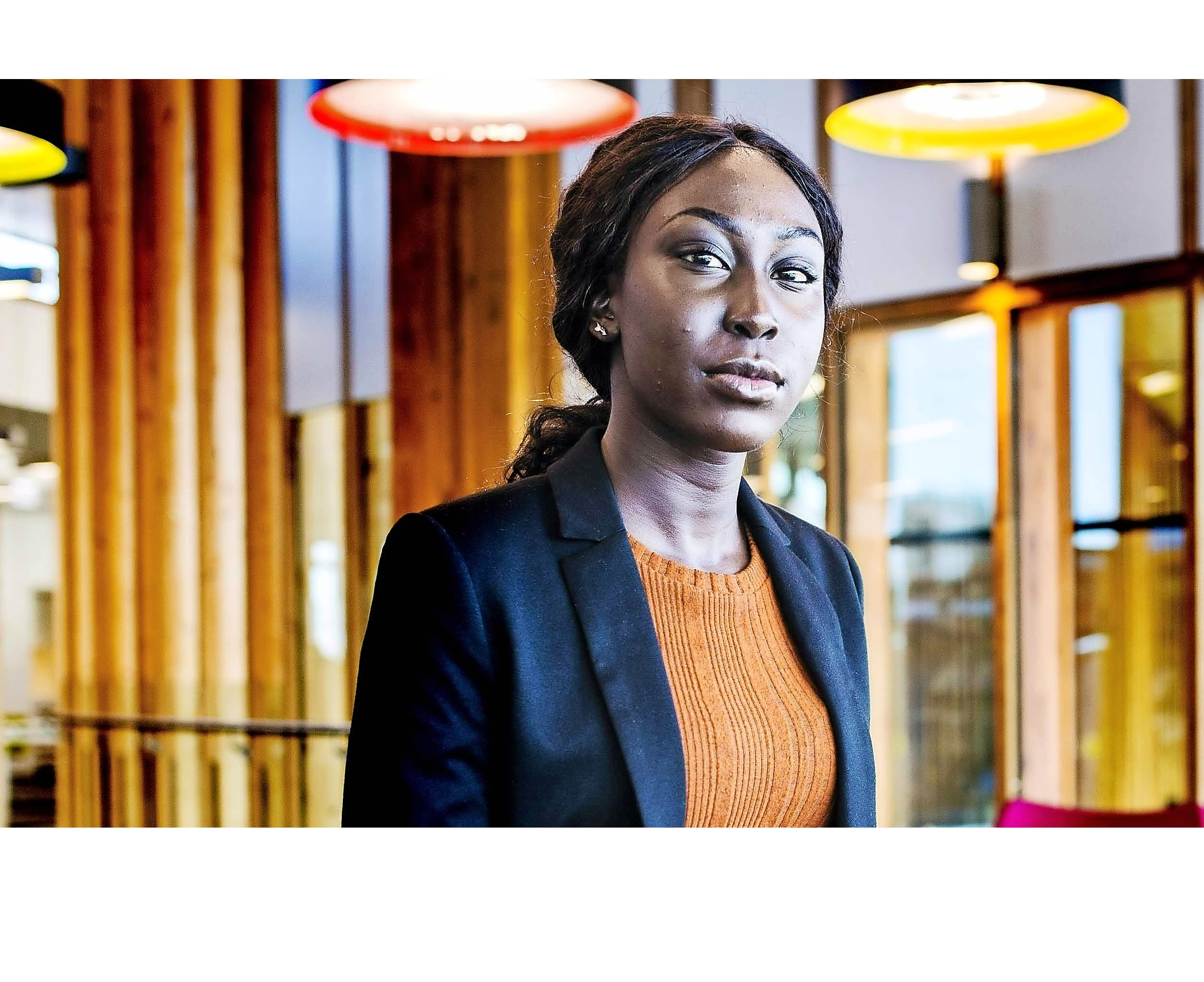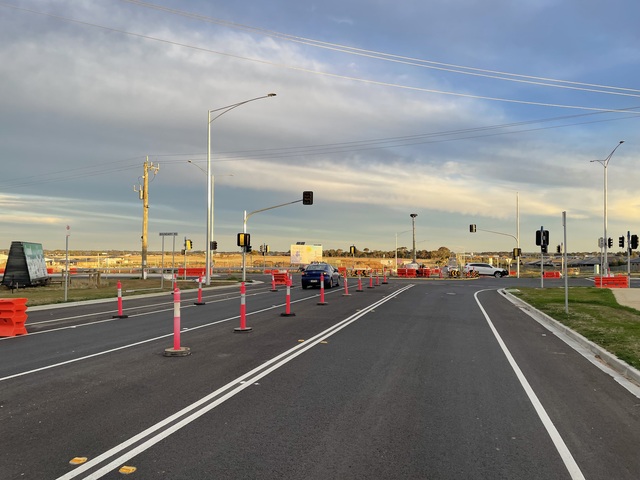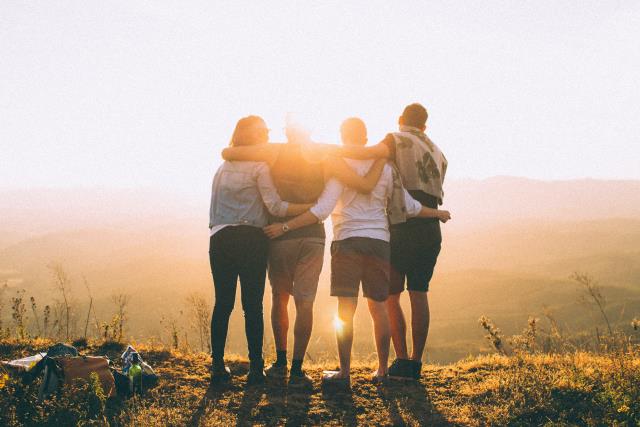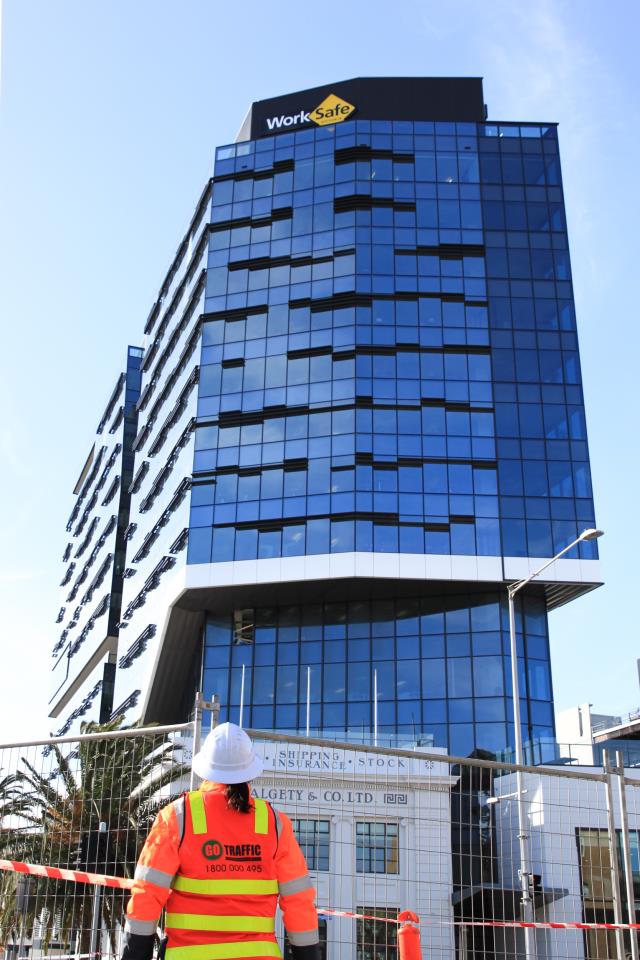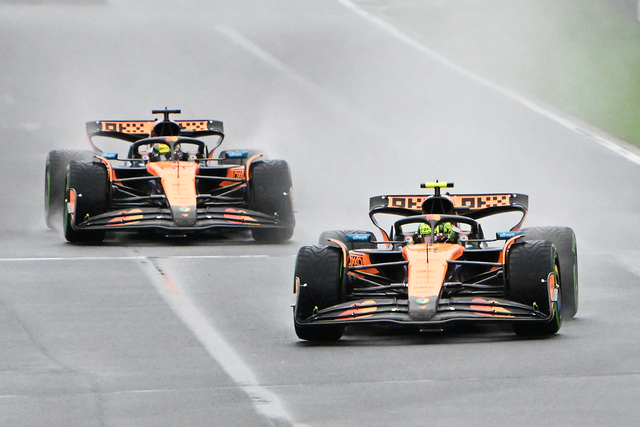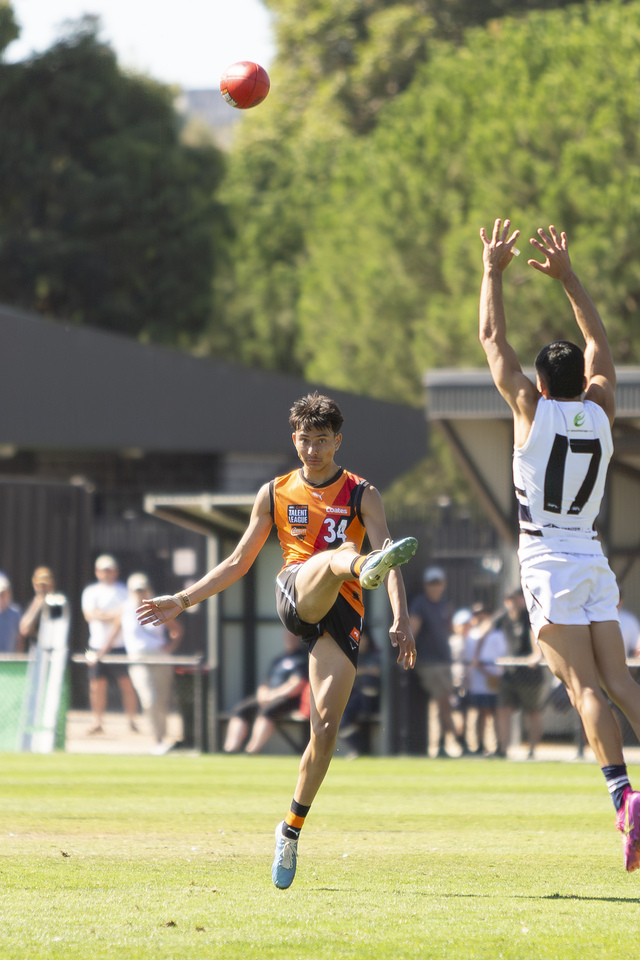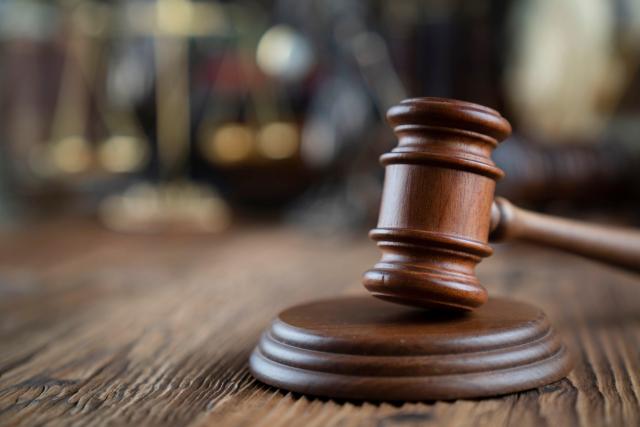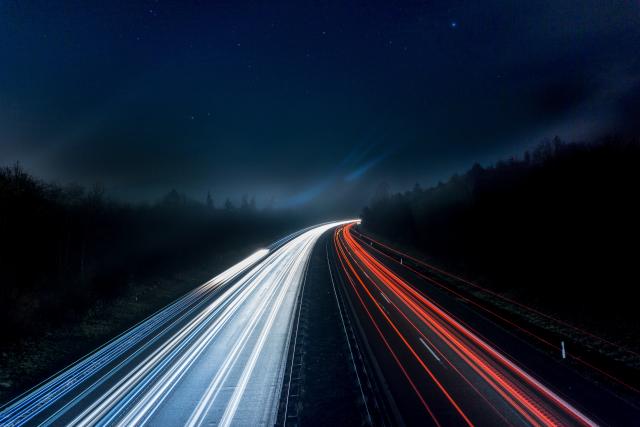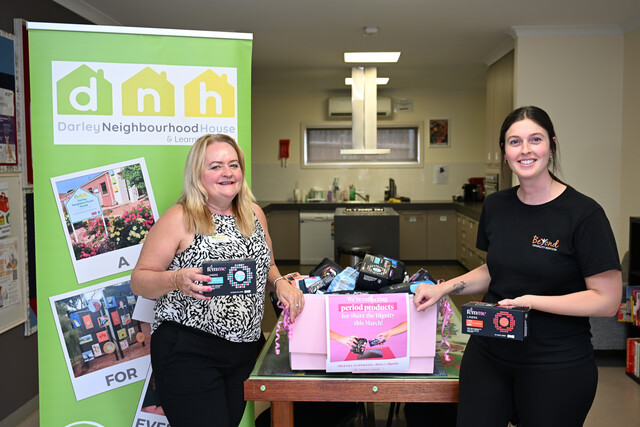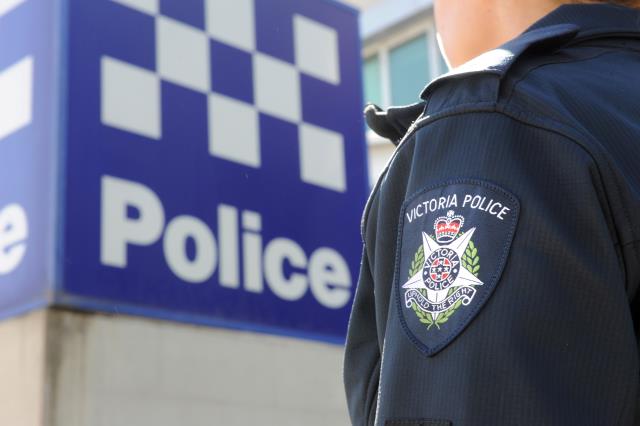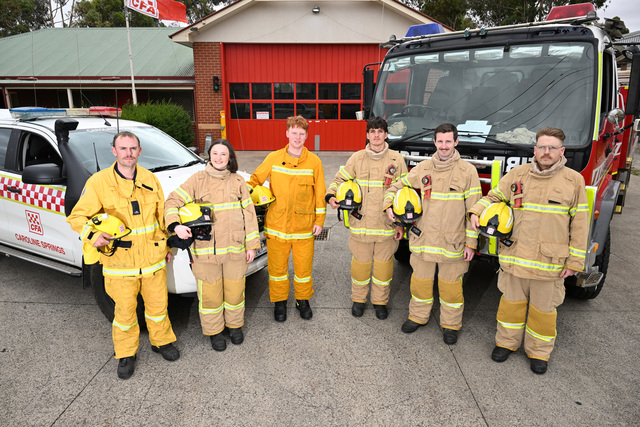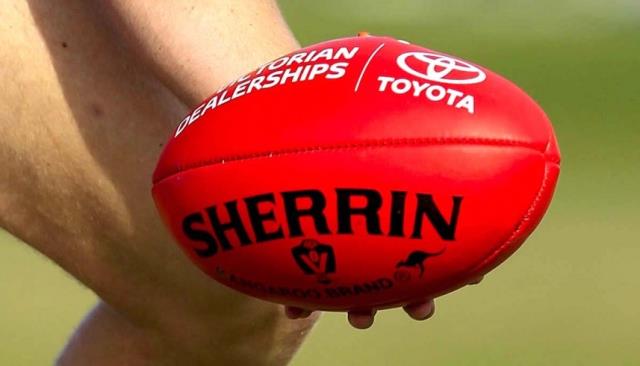Nyibol Atoc feels the pressure of the piercing stares in public. She straightens herself and stands tall – but not too tall, fearful of intimidating those around her.
She smiles, her face beaming, and reminds herself nothing lasts forever.
At just 20-years-old, Nyibol has maturity that belies her age.
A first-year RMIT student studying for a bachelor of criminology and psychology, Nyibol carries the burden heaped on the South Sudanese community by politicians and the media.
“We don’t deny the problem exists,” she tells Star Weekly, referring several times to her notes during the interview to make sure she hasn’t missed important points.
There’s a lot of pressure on this young Melton woman – she’s desperate to highlight the contributions the South Sudanese community is making and the struggles it is facing.
She talks of friends who have been discriminated against when looking for work; teenagers who have begrudgingly accepted being subject to racism; and young adults
doing all they can to engage with Australian society.
“All of this just shows you how much the media has ingrained into people’s minds that the South Sudanese community are not part of society and that they’re not trying to add anything to society,” she says, clearly trying to suppress her frustration.
“A lot of my friends are at university – it’s not like we’re just doing nothing. I have friends who are working, friends who’ve enrolled themselves into leadership programs or kept themselves busy with creative outlets.”
Some politicians have labelled Victoria the “crime capital” of Australia, laying the blame on an “African gangs” crisis.
But independent data from Crime Statistics Agency suggest otherwise – South Sudanese people make up just one per cent of overall offender numbers in Victoria. And in the year to June, 2018, crime in Victoria fell by 9.5 per cent.
Nyibol wants the community to put that data into perspective and for people to understand that tarnishing a whole community is unfair.
She says her friends and family continue to relish in the opportunities provided to them since fleeing South Sudan.
“But in this climate, it’s been pretty negative,” she says.
“People notice your presence and think you’re a threat.”
At a press conference earlier this year, Victoria Police Chief Commissioner Graham Ashton said claims that Victoria was not a safe place to live were “complete and utter garbage”.
“We don’t deny the problem exists,” she tells Star Weekly“There are people being affected by crime, and that’s always been the case and it’s the same in every city in Australia … [but] Victoria is one of the safest places in the world to live,”
he said.

